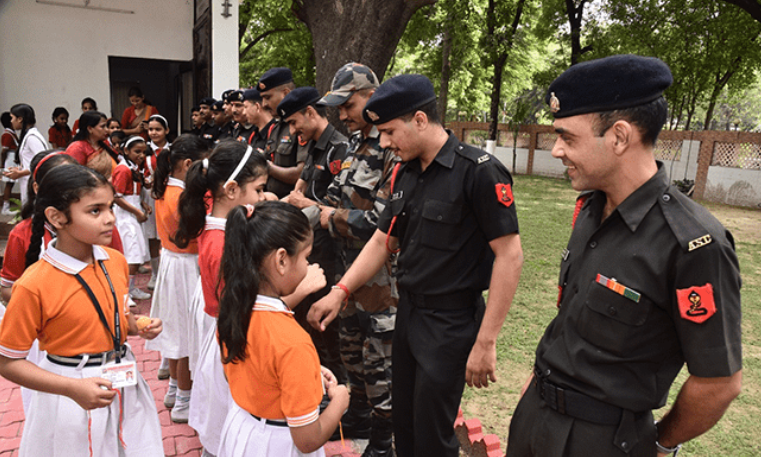Brijgopal Harkishan Loya, the judge presiding over the CBI special court in Mumbai, died sometime between the night of 30 November and the early morning of 1 December 2014, while on a trip to Nagpur. At the time of his death, he was hearing the Sohrabuddin case, in which the prime accused was the Bharatiya Janata Party president Amit Shah. The media reported at the time that Loya had died of a heart attack. But my investigations between November 2016 and November 2017 raised disturbing questions about the circumstances surrounding Loya’s death—including questions regarding the condition of his body when it was handed over to his family.
Among those I spoke to was one of Loya’s sisters, Anuradha Biyani, a medical doctor based in Dhule, Maharashtra. Biyani made an explosive claim to me: Loya, she said, confided to her that Mohit Shah, then the chief justice of the Bombay High Court, had offered him a bribe of Rs 100 crore in return for a favourable judgment. She said Loya had told her this some weeks before he died, when the family gathered for Diwali at their ancestral home in Gategaon. Loya’s father Harkishan also told me that his son had told him he had offers to deliver a favourable judgment in exchange for money and a house in Mumbai.
Brijgopal Harkishan Loya was appointed to the special CBI court in June 2014, after his predecessor, JT Utpat, was transferred within weeks of reprimanding Amit Shah for seeking an exemption from appearing in court. According to a February 2015 report in Outlook, “During the CBI court’s hearings that Utpat presided over for this one year, or even after, court records suggest Amit Shah had never turned up even once—including on the final day of discharge. Shah’s counsel apparently made oral submissions for exempting him from personal appearance on grounds ranging from him being ‘a diabetic and hence unable to move’ to the more blasé: ‘he is busy in Delhi.’”
The Outlook report continued: “On June 6, 2014, Utpat had made his displeasure known to Shah’s counsel and, while allowing exemption for that day, ordered Shah’s presence on June 20. But he didn’t show up again. According to media reports, Utpat told Shah’s counsel, ‘Every time you are seeking exemption without giving any reason.’” Utpat, the story noted, “fixed the next hearing for June 26. But on 25th, he was transferred to Pune.” This was in violation of a September 2012 Supreme Court order, that the Sohrabuddin trial “should be conducted from beginning to end by the same officer.”
Loya had at first appeared well disposed towards Shah’s request that he be exempted from personally appearing in court. As Outlook noted, “Utpat’s successor Loya was indulgent, waiving Shah’s personal appearance on each date.” But this apparent indulgence may just have been a matter of procedure. According to the Outlook story, “significantly, one of his last notings stated that Shah was being exempted from personal appearance ‘till the framing of charges.’ Loya had clearly not harboured the thought of dropping charges against Shah even when he appeared to be gentle on him.” According to the lawyer Mihir Desai, who represented Sohrabuddin’s brother Rubabuddin—the complainant in the case—Loya was keen on scrutinising the entire chargesheet, which ran to more than 10,000 pages, and on examining the evidence and witnesses carefully. “The case was sensitive and important, and it was going to create and decide the reputation of Mr Loya as a judge,” Desai said. “But the pressure was certainly mounting.”
This story first appeared in The Caravan Magazine on November 21, 2017 here.






